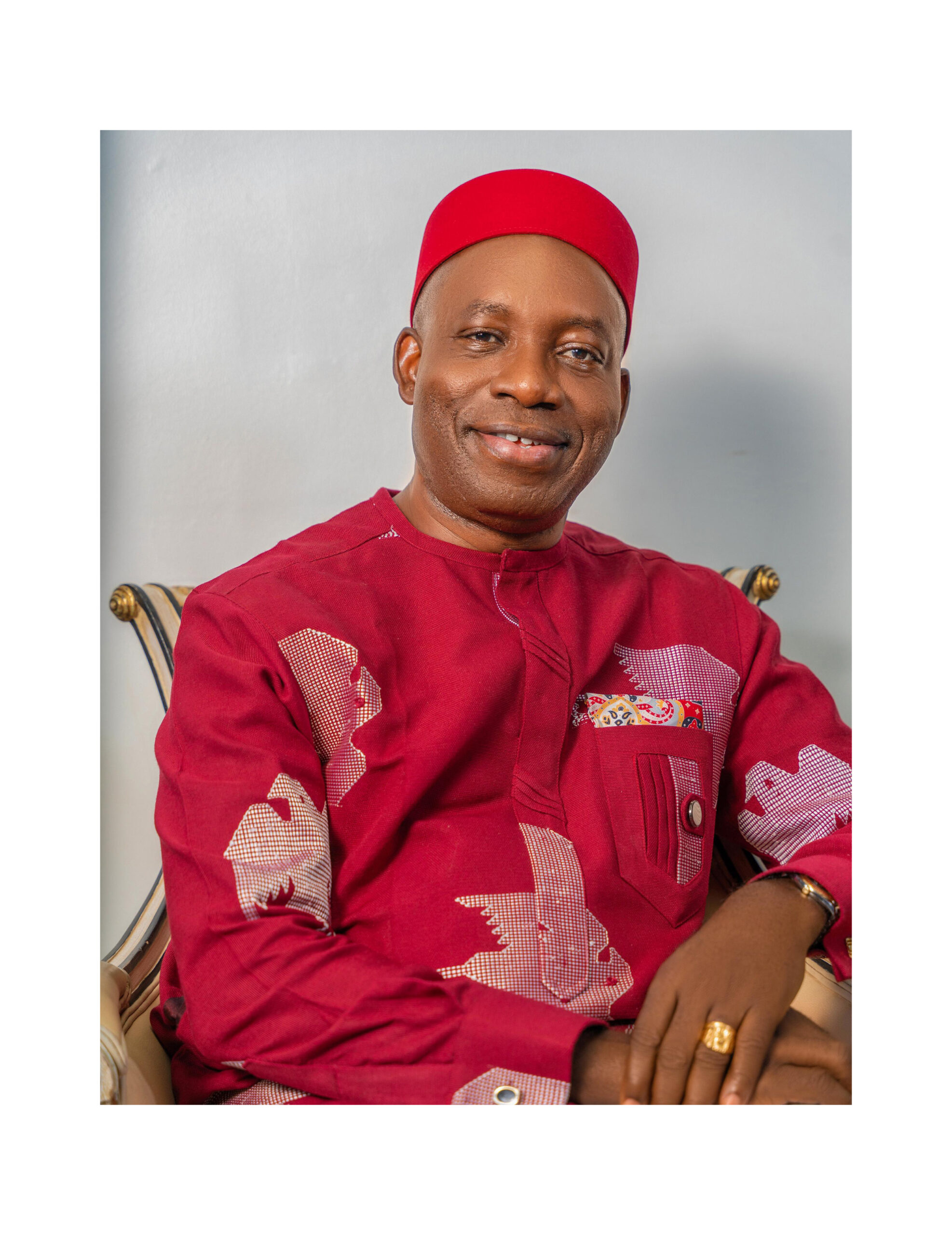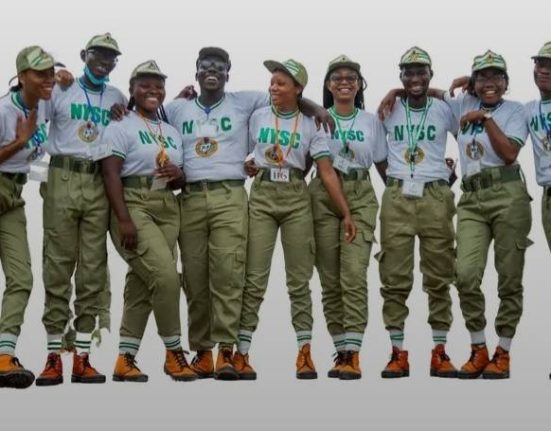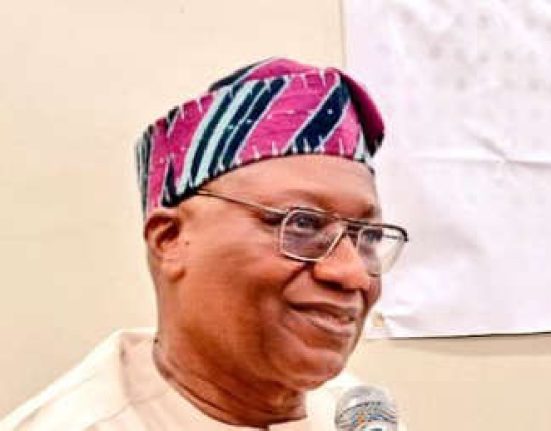It was a jubilant atmosphere at the Dr Alex Ekwueme Square in Awka on Thursday as workers in Anambra State, under the umbrella of the Nigeria Labour Congress (NLC) and the Trade Union Congress (TUC), poured encomiums on Governor Chukwuma Charles Soludo for his administration’s approval and implementation of a new minimum wage pegged at N82,000 — the highest so far recorded in the South-East geopolitical zone.
Speaking during the 2025 International Workers’ Day celebration, the Chairman of the NLC in the state, Comrade Humphrey Nwafor, led the chorus of appreciation, describing the wage increase as a bold and commendable step toward safeguarding the dignity and welfare of workers in the face of Nigeria’s biting economic realities. He noted that the move surpasses the national benchmark of N70,000, showcasing what he called “exceptional leadership and a true commitment to workers’ well-being.”
In addition to the new wage structure, Nwafor also expressed gratitude to the governor for the approval of a N10,000 non-taxable monthly allowance for pensioners in the state, a gesture that many see as a mark of compassion and inclusiveness in governance.
Highlighting the achievements of the Soludo administration since assuming office, the labour leader praised the government’s infrastructural drive and prudent economic management, noting that several developmental milestones have been achieved without borrowing. He pointed to key projects such as the iconic Ekwulobia Flyover, the emerging Awka Fun City, and the completed Anambra Government House and Governor’s Lodge as evidence of visionary governance.
On a day dedicated to recognising the contributions and struggles of the Nigerian workforce, Nwafor did not shy away from presenting a list of lingering concerns that still require urgent attention from the state government. These include unresolved issues surrounding the Contributory Pension Scheme, outstanding allowances for non-teaching staff under ASUBEB, the need for a dedicated Labour House, appointment of a Special Adviser on Labour Matters, the provision of low-cost housing for workers, mass recruitment across various ministries, and the review of the retirement age policy.
He also appealed for the revitalisation of the Anambra State Water Board, prompt promotion and re-training of workers, provision of utility vehicles for labour centres, and the payment of long-standing gratuities and entitlements, especially for retirees of the Anambra Broadcasting Service whose dues have remained unpaid since 2017.
In his address to the gathering, Governor Soludo reassured workers of his administration’s unwavering resolve to prioritise their welfare. He disclosed that his government has successfully cleared seven years of inherited pension and gratuity arrears, a feat he said demonstrates his administration’s commitment to justice, transparency, and social responsibility.
“On assumption of office, we inherited a backlog of four years of unpaid pension, amounting to N14 billion. I am pleased to inform you that we have paid arrears for 2018, 2019, and 2020. Only the year 2021 remains, and plans are underway to ensure that it is also settled soon,” the governor stated.
He emphasised that within the constraints of available resources, his administration remains morally bound to continually improve the welfare and working conditions of civil servants in the state. According to him, the government’s partnership with labour unions will remain strong, constructive, and focused on sustainable growth and mutual accountability.
As part of the May Day festivities, Governor Soludo was conferred with the ‘Worker’s Beacon of Hope’ award — a symbolic recognition of his consistent empathy, responsiveness, and dedication to the plight of workers across Anambra State.
The celebration, themed “Reclaiming Civic Space Amidst Economic Hardship,” resonated strongly with the mood of the nation, with workers across various sectors using the occasion to renew calls for inclusive governance and economic justice. For Anambra workers, however, it was a rare moment of solidarity and satisfaction — a sign, many said, that leadership can indeed work when guided by compassion and competence.






